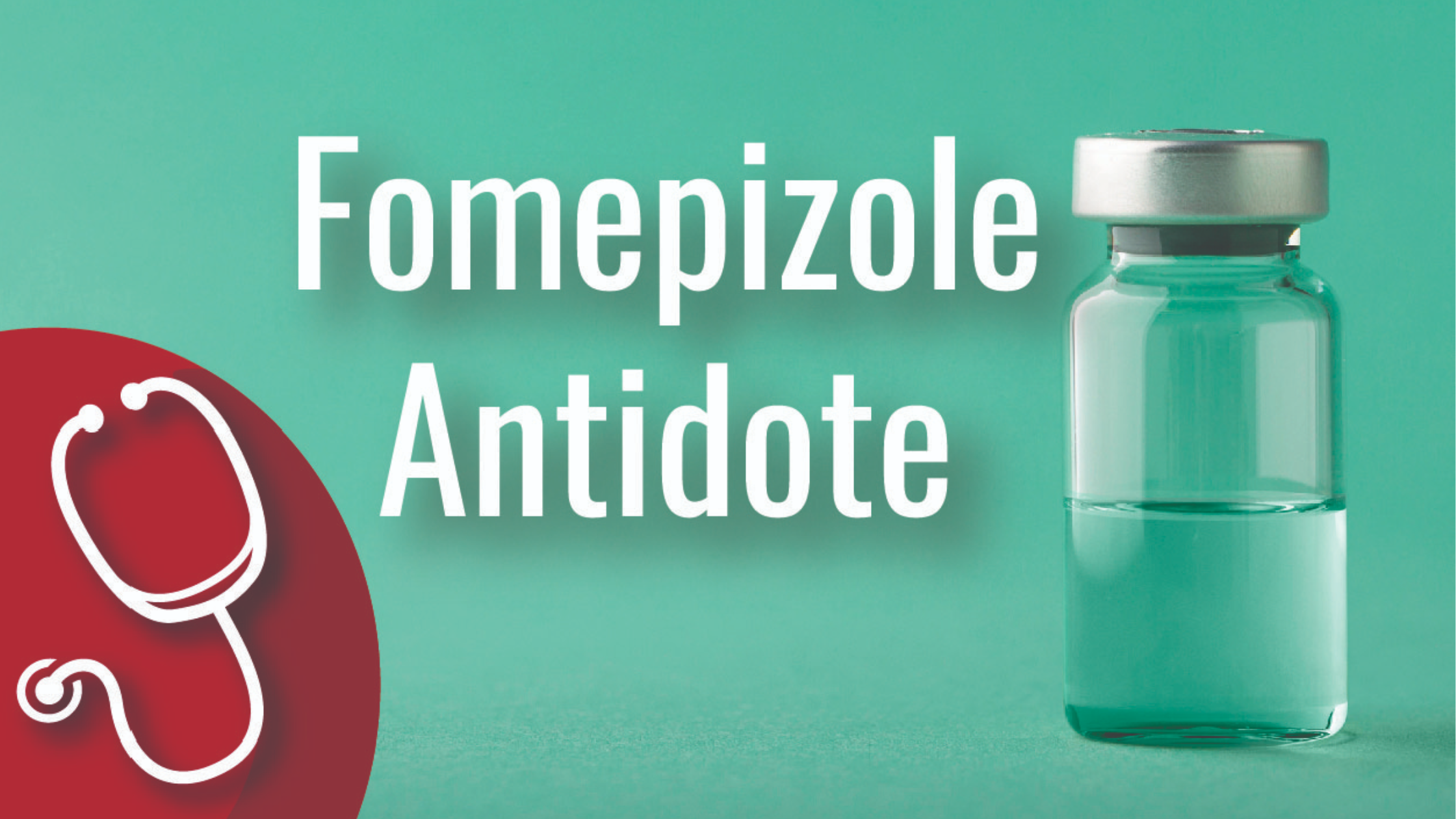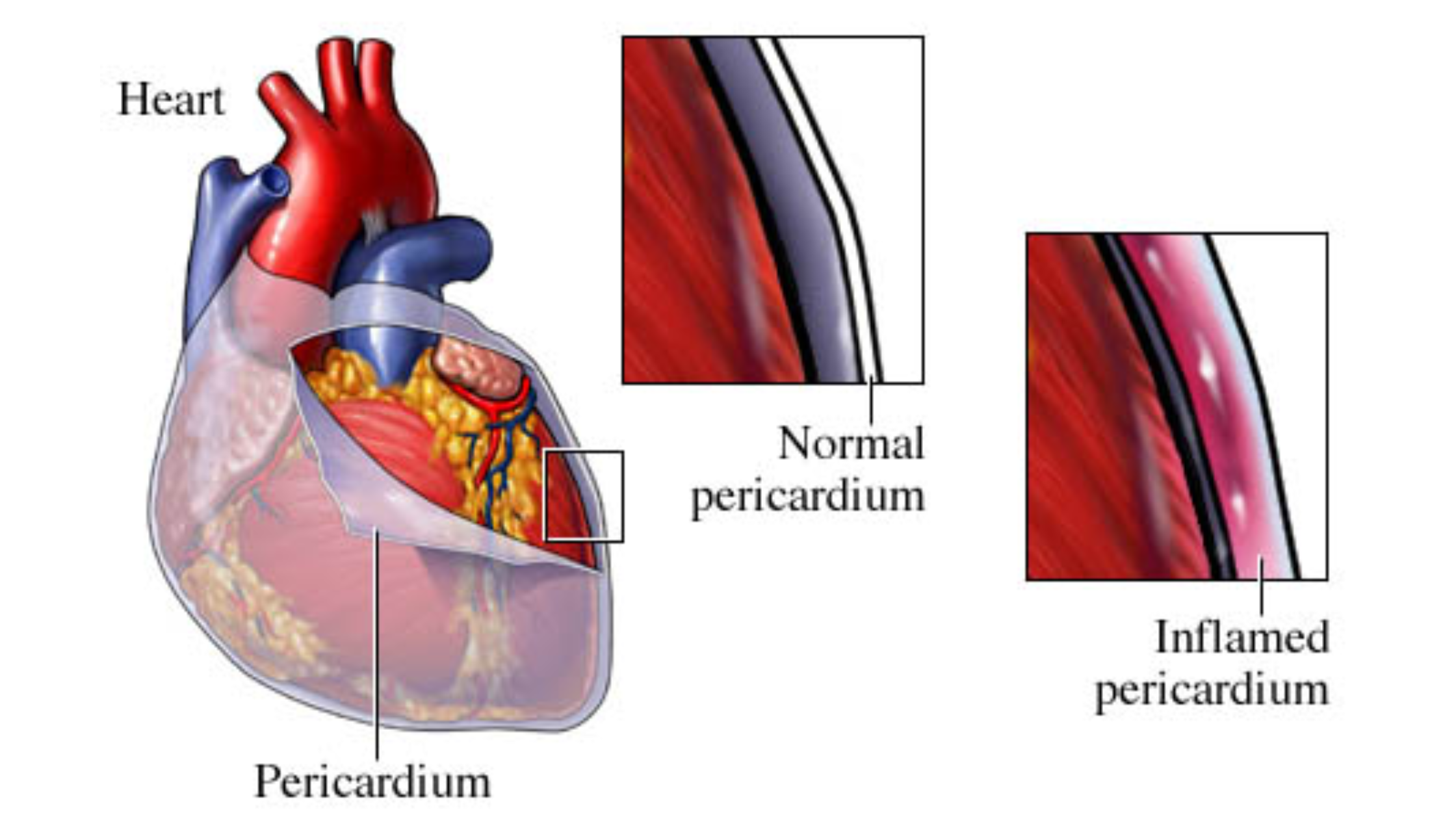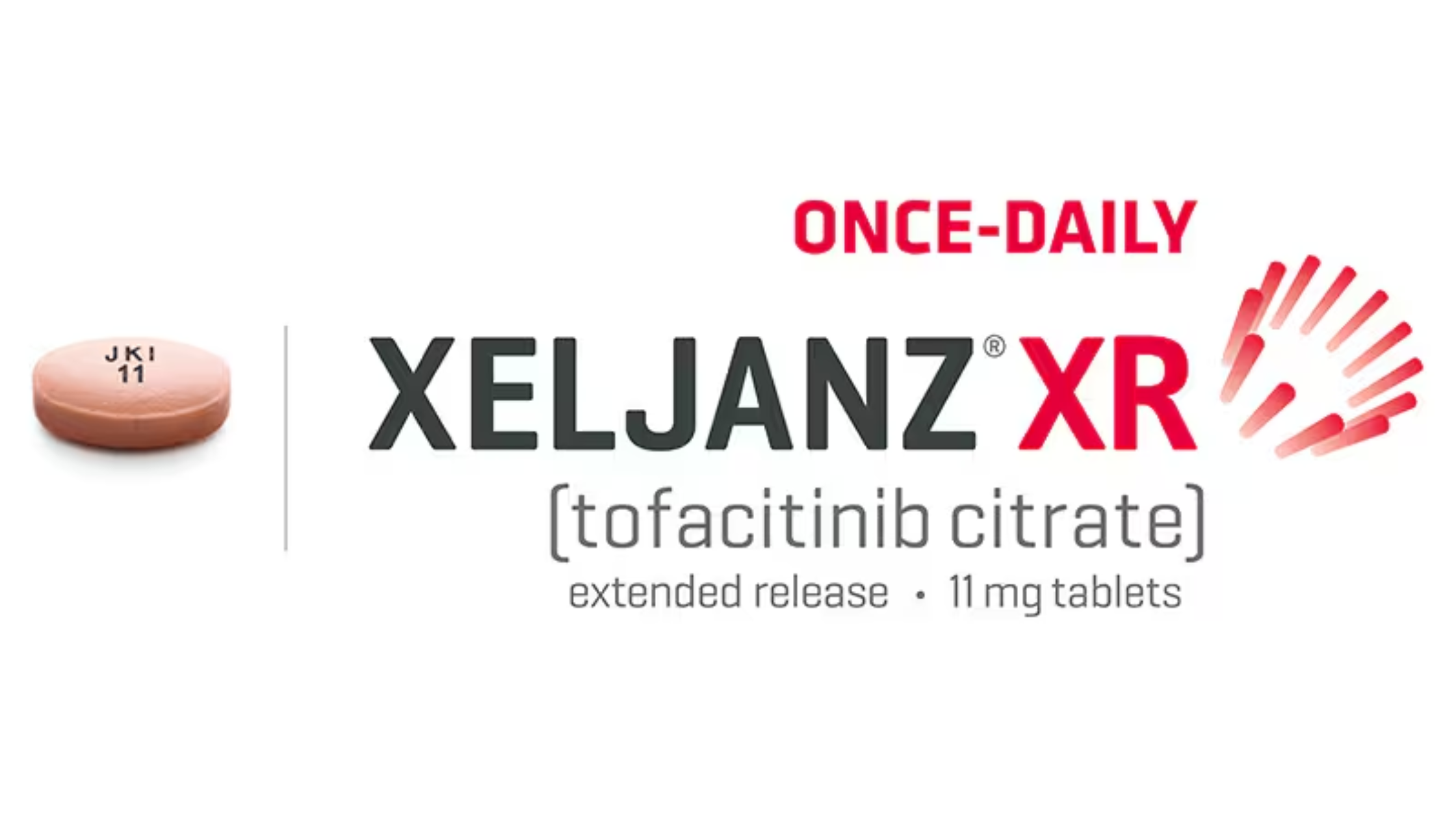Last updated on February 12th, 2025 at 09:38 am
In this piece, you will discover everything you need to know about the alcohol overdose antidote drug Fomepizole, from immediate treatment to long-term recovery and prevention. Learn how these antidotes work, their effectiveness, side effects, and more.
Alcohol overdose is a serious and potentially life-threatening condition resulting from excessive alcohol consumption. When your body becomes overwhelmed by the toxic effects of alcohol, you need immediate medical intervention. One of the key components of treatment is the use of an alcohol overdose antidote drug, which can effectively counteract the dangerous effects of alcohol poisoning.
In this comprehensive guide, we will explore everything you need to know about the alcohol overdose antidote drug Fomepizole, including its mechanism of action, availability, administration, and more. These aspects are vital for both prevention and treatment, ensuring your safety and well-being.
Alcohol Overdose Antidote- Fomepizole
The most commonly used antidote for alcohol overdose is fomepizole. Fomepizole works by inhibiting the enzyme alcohol dehydrogenase (ADH), which is responsible for converting ethanol into toxic metabolites. By blocking this process, fomepizole reduces the harmful effects of alcohol in the body, allowing time for the alcohol to be safely metabolized and eliminated.
How the Alcohol Antidote Works- Its Biochemistry
Fomepizole specifically targets the metabolic pathway of alcohol in the liver. Normally, alcohol is converted into acetaldehyde by alcohol dehydrogenase, and then into acetic acid by aldehyde dehydrogenase. A high concentration of Acetaldehyde in your blood is highly toxic and contributes to many of the dangerous effects of alcohol overdose. By inhibiting alcohol dehydrogenase, fomepizole prevents the formation of acetaldehyde, thereby reducing its toxicity.
Effectiveness of the Alcohol Antidote
Fomepizole is highly effective in treating alcohol overdose, particularly when administered early. It has been shown to significantly reduce mortality rates and improve outcomes in overdose cases. However, its effectiveness diminishes if the overdose has progressed to advanced stages, where severe damage may already have occurred.
Administration Methods and Dosage
Fomepizole is typically administered intravenously (IV) in a hospital setting. Doctors calculate the dosage based on the patient’s weight and the severity of the overdose. Doctors typically start treatment with a loading dose, then give maintenance doses at regular intervals until the alcohol is sufficiently metabolized.
Availability and Accessibility
Where to Obtain the Antidote
Fomepizole is primarily available in hospitals and emergency medical settings. Doctors and pharmacists typically do not sell it over-the-counter, and they strictly oversee its use because of its potent effects.
Prescription Requirements and Over-the-Counter Options
Fomepizole requires a prescription and is not available for home use. Doctors administer Fomepizole because careful dosing and monitoring are necessary during treatment.
Cost and Insurance Coverage
The cost of fomepizole can vary widely depending on the healthcare provider and location. While it can be expensive, most health insurance plans cover the cost of emergency treatment for alcohol overdose, including the use of antidote drugs.
Side Effects and Contraindications
Possible Side Effects of the Antidote
While fomepizole is effective, it can have side effects. Common side effects include:
- Headache
- Nausea
- Dizziness
- Injection site reactions
In rare cases, fomepizole may cause more severe reactions, such as allergic responses or cardiac issues like chest pain.
Who Should Avoid the Alcohol Antidote Drug?
Fomepizole is contraindicated in individuals with certain medical conditions, such as:
- Hypersensitivity to the drug
- Severe liver or kidney impairment
- Pregnant women, unless absolutely necessary
In such cases, alternative treatments or close monitoring may be required.
Complementary and Alternative Treatments to Alcohol Overdose
Other Treatments for Alcohol Overdose
In addition to fomepizole, doctors may use other treatments along with the antidote or as alternatives.
- Supportive care: This includes IV fluids, oxygen therapy, and monitoring vital signs.
- Gastric lavage: In some cases, stomach pumping may be necessary to remove unabsorbed alcohol.
- Activated charcoal- the universal antidote: May be used to limit alcohol absorption in your gastrointestinal tract.
Role of Activated Charcoal and IV Fluids
Activated charcoal can bind alcohol in the stomach, preventing further absorption. IV fluids are critical for maintaining hydration, supporting organ function, and flushing alcohol from the system.
Recovery and Long-Term Management
Recovery Time After Treatment
The recovery time from an alcohol overdose can vary depending on the severity of the overdose and the timeliness of treatment. Most patients begin to recover within 24 to 48 hours after receiving treatment, although complete recovery may take longer.
Long-term Effects of Alcohol Overdose
While some individuals recover fully, others may experience long-term effects, particularly if the overdose caused significant damage to organs such as the brain or liver. These effects can include cognitive impairments, memory loss, and chronic health issues.
Post-Treatment Monitoring
After an alcohol overdose, close monitoring is essential to ensure no complications arise. This often includes regular check-ups, blood tests, and possibly imaging studies to assess organ function.
Prevention of Alcohol Overdose
Tips for Preventing Alcohol Overdose
Prevention is the best approach to avoiding alcohol overdose. Key tips include:
- Pace your drinking: Avoid rapid consumption of large amounts of alcohol.
- Know your limits: Understand how much alcohol your body can handle.
- Stay hydrated: Drink water between alcoholic beverages to stay hydrated.
- Eat before drinking: A full stomach can slow alcohol absorption.
Risks of Binge Drinking
Binge drinking, defined as consuming large amounts of alcohol in a short period, is a major risk factor for alcohol overdose. Educating people about the dangers of binge drinking is crucial for prevention.
Public Health Campaigns and Education
Public health campaigns play a vital role in raising awareness about the risks of alcohol overdose and the importance of responsible drinking. These initiatives often target high-risk groups, such as college students and young adults.
Special Considerations
Alcohol Overdose in Vulnerable Populations
Certain groups are more vulnerable to alcohol overdose, including:
- Youth: Teenagers and young adults are at higher risk due to peer pressure and lack of experience.
- Elderly: Older adults metabolize alcohol more slowly, increasing the risk of overdose.
- Chronic illness patients: Those with chronic diseases like diabetes or heart disease may be more susceptible to the effects of alcohol.
Alcohol Overdose During Holidays and Social Gatherings
Holidays and social events often see an increase in alcohol consumption, leading to a higher risk of overdose. It is important to be mindful of drinking habits during these times and encourage moderation.
Gender and Genetic Factors
According to Rehab Addiction Women’s Health report, Women have a lower tolerance for alcohol than men, making them more susceptible to overdose. Additionally, genetic factors can influence how an individual metabolizes alcohol, affecting their risk level.
Future Research and Development
Ongoing Research in Alcohol Overdose Treatment
Research continues to explore new treatments and improvements for managing alcohol overdose. This includes developing more effective antidotes and understanding the long-term effects of overdose on the brain and body.
Potential for New Antidote Drugs
Scientists are investigating new compounds that could serve as antidotes for alcohol overdose, potentially offering more targeted or faster-acting options than fomepizole.
Public Policy and Alcohol Regulations
Changes in public policy, such as stricter regulations on alcohol sales and more extensive education programs, could play a significant role in reducing the abuse of alcohol.
Alcohol Overdose in More Depth
What is Alcohol Overdose?
Alcohol overdose occurs when a person consumes a toxic amount of alcohol in a short period. This condition can lead to severe physical and neurological impairment, including loss of consciousness, respiratory depression, and even death. Unlike mild intoxication, alcohol overdose is a medical emergency that requires immediate attention.
Signs and Symptoms of Alcohol Overdose
The signs of alcohol overdose are often severe and can escalate quickly. Common symptoms include:
- Confusion and stupor
- Vomiting
- Seizures
- Slow or irregular breathing (less than eight breaths per minute)
- Hypothermia (low body temperature)
- Cyanosis (bluish skin because of lack of oxygen)
- Unconsciousness or inability to wake up
Recognizing these symptoms early can be lifesaving, as prompt intervention is critical.
What are the Differences Between Alcohol Poisoning and Overdose?
While often used interchangeably, alcohol poisoning and alcohol overdose refer to different levels of severity. Alcohol poisoning is a more general term that encompasses a range of toxic effects from alcohol, while an alcohol overdose specifically refers to the most severe and life-threatening outcomes. Both conditions require medical treatment, but an overdose is particularly urgent.
Emergency Actions for Alcohol Overdose

What to Do in Case of an Alcohol Overdose
If you suspect someone is experiencing an alcohol overdose, it is vital to act quickly. Follow these steps:
- Call Emergency Services: Contact emergency medical services immediately.
- Stay with the Person: Do not leave the individual alone; monitor their breathing and level of consciousness.
- Place in Recovery Position: If they are unconscious but breathing, place them on their side in the recovery position to prevent choking.
- Avoid Inducing Vomiting: Do not attempt to make the person vomit, as this could cause choking.
First Aid Tips
Before medical help arrives, providing first aid can help stabilize the person:
- Keep them warm: Use blankets to maintain body temperature.
- Check for responsiveness: Try to rouse the person; if they do not respond, this is a sign of a severe overdose.
- Avoid giving food or drinks: Do not offer food, water, or coffee, as these can worsen the situation.
When to Seek Medical Attention
Seek immediate medical attention when symptoms of an alcohol overdose appear. Delay in treatment can lead to irreversible damage or death. Even if the person seems to recover, a healthcare professional should still evaluate them.
In Summary
Alcohol overdose is a critical health issue that requires immediate and effective treatment. Fomepizole, an antidote drug for alcohol overdose, has proven to be a life-saving intervention in many cases. However, prevention remains the most effective strategy. By understanding the risks, recognizing the symptoms, and taking proactive steps to avoid excessive alcohol consumption, we can significantly reduce the incidence of alcohol overdose and save lives. for more tips for managing health, visit Medical Antidote.





Your writing is not only informative but also incredibly inspiring. You have a knack for sparking curiosity and encouraging critical thinking. Thank you for being such a positive influence!
Welcome Temp!